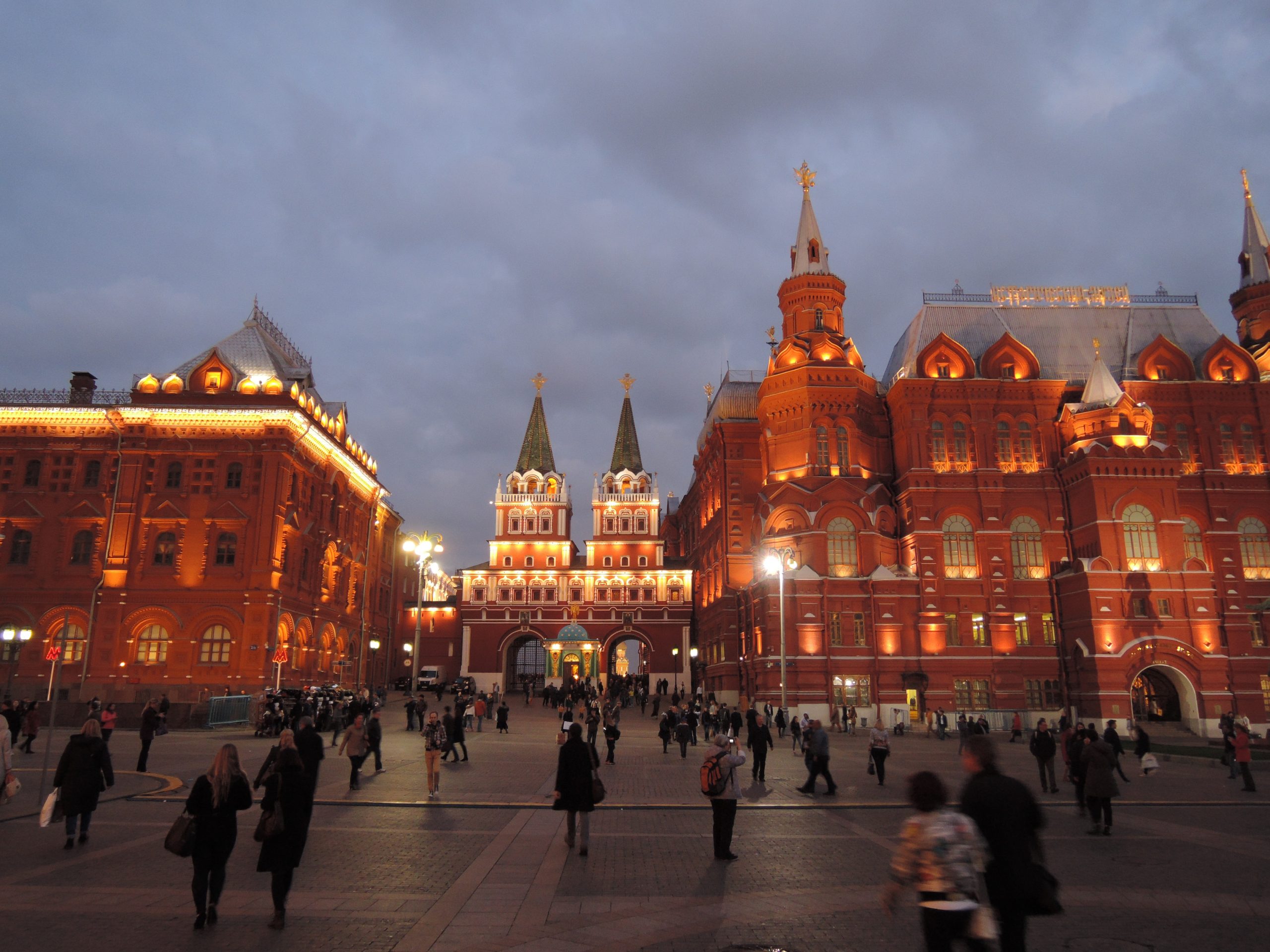As the world watches, France’s President Emmanuel Macron is facing one of his toughest challenges yet: pension reforms. Despite months of protests and strikes, Macron remains determined to overhaul the country’s retirement system. But with tensions running high and public outrage simmering, many are left wondering: will his efforts be enough to calm the storm? In this blog post, we’ll take a closer look at what’s driving the unrest in France and explore whether or not Macron has what it takes to appease an increasingly frustrated public.
Who is Emmanuel Macron?
Emmanuel Macron is a French politician who has been serving as the President of France since 2017. He previously was Minister of the Economy, Industry and Digital Affairs from 2014 to 2016. Prior to that, he worked as a senior civil servant at the Inspectorate General of Finances, as an investment banker at Rothschild & Cie Banque, and as a deputy secretary general at the Élysée Palace in the administration of President François Mitterrand. Macron was born in Amiens and studied philosophy at Paris Nanterre University before enrolling in ENSAE ParisTech, a Grande École engineering school. He graduated in 2004 with a master’s degree in public affairs.
What are Macron’s plans for pensions?
In September of 2019, President Macron proposed a set of sweeping reforms to the French pension system. The plans would do away with the current system of 42 separate pension schemes and replace it with a single, points-based system. The government estimates that the changes would save around €17 billion per year.
The heart of Macron’s proposal is a shift from defined benefit pensions (where retirees receive a certain amount based on their salary and years of service) to defined contribution pensions (where retirees receive a certain amount based on their contributions and investment returns). This would mean that future generations of workers would have to bear more of the risk in their retirement planning.
The proposal has been met with strong opposition from unions and retirees, who argue that it is unfair to ask them to make sacrifices while the wealthy are shielded from tax increases. The government has responded by saying that the pension reform is necessary to ensure the long-term sustainability of the system.
How has the public reacted to Macron’s plans?
When Macron was elected, he promised to reform the pension system and make it more efficient. However, his plans have been met with public outrage, with many people taking to the streets in protest.
Macron has responded by saying that he is open to dialogue and willing to make changes to his plans, but that he is committed to reforming the pension system. He has also called for a national debate on the issue.
It remains to be seen whether Macron will be able to quell the public anger and push through his reforms.
What else has Macron done in his presidency thus far?
Macron has been president for just over a year, and in that time he’s made some significant changes. He’s lowered the corporate tax rate, reformed the labor code, and implemented a new tax on the wealthy. He’s also privatized some industries, including the postal service and parts of the energy sector. But his most controversial move has been to raise the retirement age from 60 to 62. That decision, coupled with other economic reforms, has led to widespread protests across France.
What do experts say about Macron’s chances of success?
When Emmanuel Macron was elected in 2017, he promised to overhaul the French pension system. But after just two years in office, he’s facing a major rebellion from workers and retirees who are outraged over his proposed reforms.
So, what do experts say about Macron’s chances of success?
On the one hand, some experts believe that Macron is right to tackle the pension system head-on. They point to the fact that the current system is unsustainable and point out that previous attempts at reform have failed. They argue that if anyone can get the job done, it’s Macron.
On the other hand, there are those who believe that Macron’s efforts are doomed to fail. They argue that his reforms are too unpopular and that the French people will never accept them. They believe that this uprising could be the end of his Presidency.
So, who is right? Only time will tell. But one thing is for sure: Emmanuel Macron has his work cut out for him.
Conclusion
In conclusion, the French protests have put a spotlight on Macron’s proposed pension reform and raises questions as to whether his efforts will be enough to soothe public outrage over pensions. It remains to be seen what further steps he may take in order to quell the unrest, but it is clear that if any meaningful progress is to be made, both sides must come together for dialogue and agree upon an equitable solution. If this can be achieved then perhaps France can move forward with more certainty towards a more secure future.










